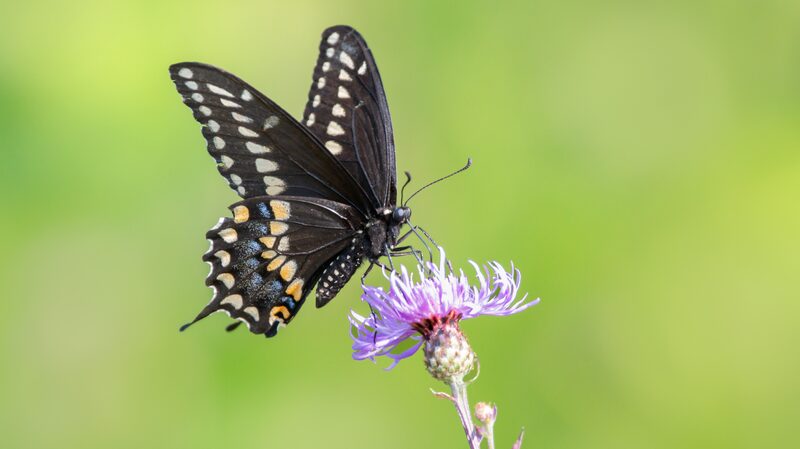Canadian researchers are harnessing the power of artificial intelligence (AI) to tackle the alarming rate at which insects are becoming extinct. The Antenna project, based in Montreal, seeks to collect and analyze data that could reverse species decline and prevent a global ecological catastrophe.
“Of all the mass extinctions we have experienced in the past, the one affecting insects is happening a thousand times faster,” explains Maxim Larrivee, director of the Montreal Insectarium. This rapid decline makes it difficult to implement timely conservation measures, Larrivee emphasizes.
Antenna employs innovative techniques like solar-powered camera traps and AI models to monitor insects both within the insectarium and in diverse environments, from the Canadian far north to Panama’s rainforests. These technologies allow researchers to collect vast amounts of biodiversity data quickly, potentially doubling the information gathered over the last 150 years within just a few years.
David Rolnick, a biodiversity specialist at the Quebec AI Institute, highlights the project’s ability to uncover previously undocumented species. “When we tested our sensors in the rainforest, we discovered 300 new species in just a week. And that’s only the tip of the iceberg,” he notes.
Currently, Antenna focuses on moths, a diverse group of insects that are easy to identify visually. By advancing AI tools, the project aims to create decision-making tools for governments and environmentalists, fostering effective conservation policies to restore biodiversity.
Beyond research, the Montreal Insectarium utilizes Antenna’s technology for educational purposes, allowing visitors to interact with butterflies and identify species through an app. This initiative not only aids in scientific discovery but also raises public awareness about the importance of insect conservation.
Reference(s):
Canada AI project hopes to help reverse mass insect extinction
cgtn.com




